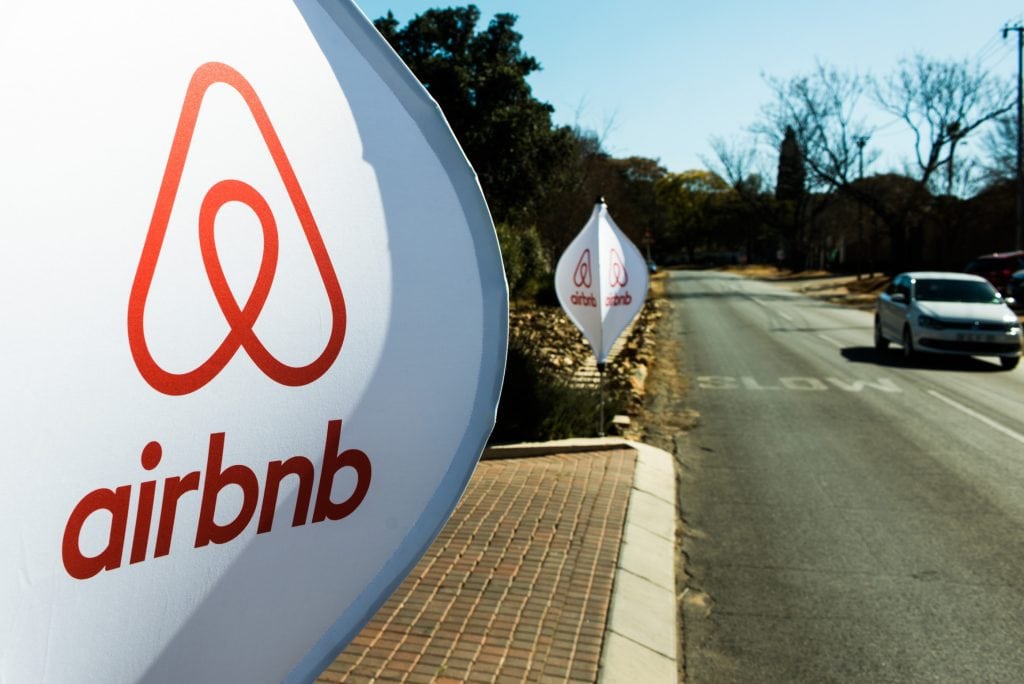Skift Take
The next chapter in the Airbnb story began today. There will be a lot more drama to come.
Airbnb’s on-again, off-again initial public offering is on again.
The short-term rental platform announced Wednesday that it filed its S-1 registration statement confidentially with the U.S. Securities and Exchange Commission for an initial public offering.
Earlier published reports indeed suggested Airbnb would file for an initial public offering this month with the intent to go public in 2020, pending market conditions.
There is no public information about the details of the proposed offering such as the number of proposed shares or pricing, which will be determined later.
Airbnb announced in 2019 that it intended to go public in 2020. At the time, it had a $31 billion private valuation. Its reasoning for going public wasn’t to raise funding, but primarily to enable its employees to cash in soon-to-expire stock options.
But the coronavirus pandemic changed everything. Airbnb co-founder and CEO Brian Chesky said earlier this year he had been preparing the initial public offering paperwork when coronavirus broke out in China, and ravaged much of the rest of the world. In the interim, Airbnb’s valuation plummeted, it raised $2 billion in debt from private equity companies, and laid off 25 percent of its workforce.
Although Airbnb’s business tanked in the beginning of the pandemic, amidst a wave of cancellations, on July 8 the company booked more than 1 million room nights — the first time that milestone had been reached since March 3.
Short-term rentals — actually whole home vacation rentals, in particular — have been hot during the travel industry’s scattershot coronavirus recovery as people looked to avoid urban areas and exert some control over the places they chose to stay.
A week ago, Skift wrote 7 Vexing Questions About an Airbnb IPO, including whether the company can convincingly detail a path to profitability, overcome its weakness in non-urban areas and lack of hotel supply, and nagging regulatory issues.
Confidential filings, such as the one Airbnb announced today, have become a trend. It enables the company to potentially go public quicker, keeps the registrant’s financial a secret while the Securities and Exchange Commission reviews the documentation, and avoids the distraction that comes with the process.
If current market conditions persist, Airbnb could be a public company well before the first snowfalls in the United States.
But market conditions and investor appetites can change quickly so nothing is certain.
Dwell Newsletter
Get breaking news, analysis and data from the week’s most important stories about short-term rentals, vacation rentals, housing, and real estate.
Have a confidential tip for Skift? Get in touch
Tags: airbnb, initial public offering, ipo
Photo credit: An Airbnb street sign. The company filed for an IPO. Eric Newcomer / Bloomberg
